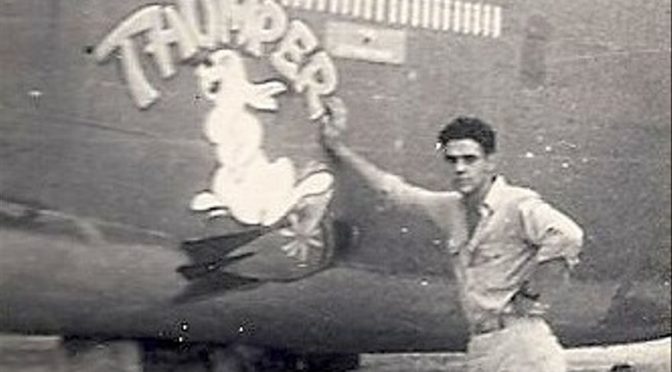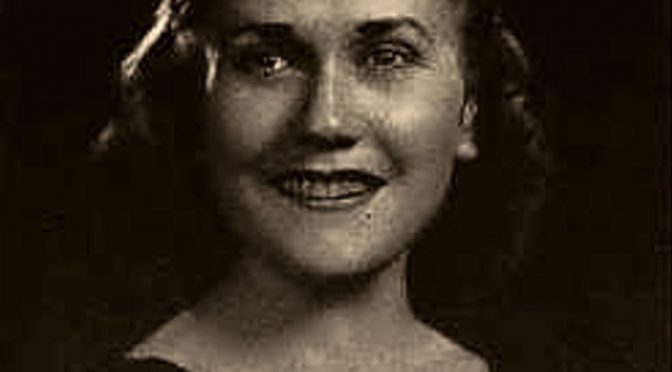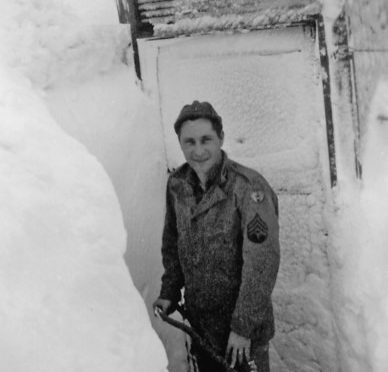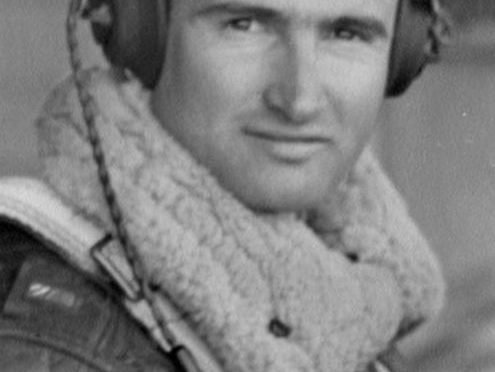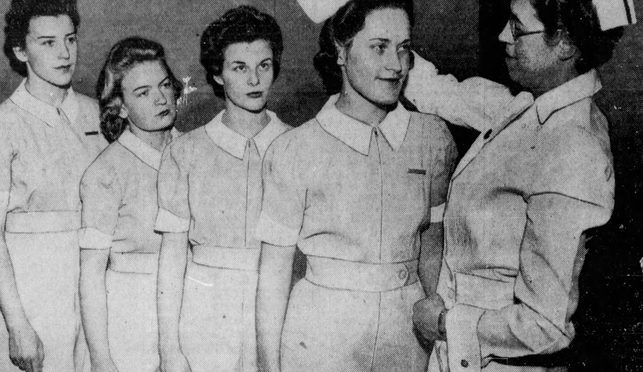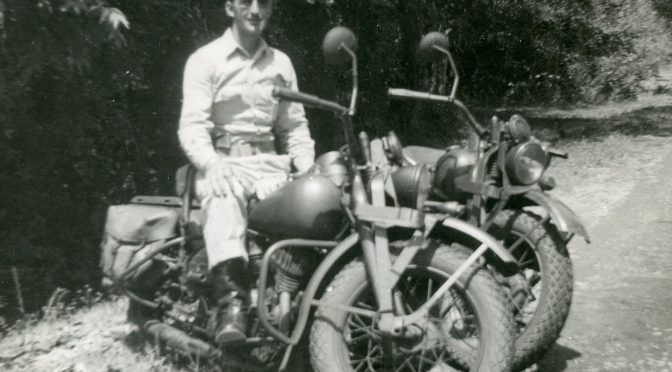
Fighting Basques: Objective Burma: Julio Eiguren, the Basque Spy Who Did Not Exist
This article originally appeared in Spanish at El Diario. You can find all of the English versions of the Fighting Basques series here. The invasion of Burma (now Myanmar) – in the hands of the British Empire since 1886 – by the Empire of the Rising Sun at the end of December 1941 was another […]


